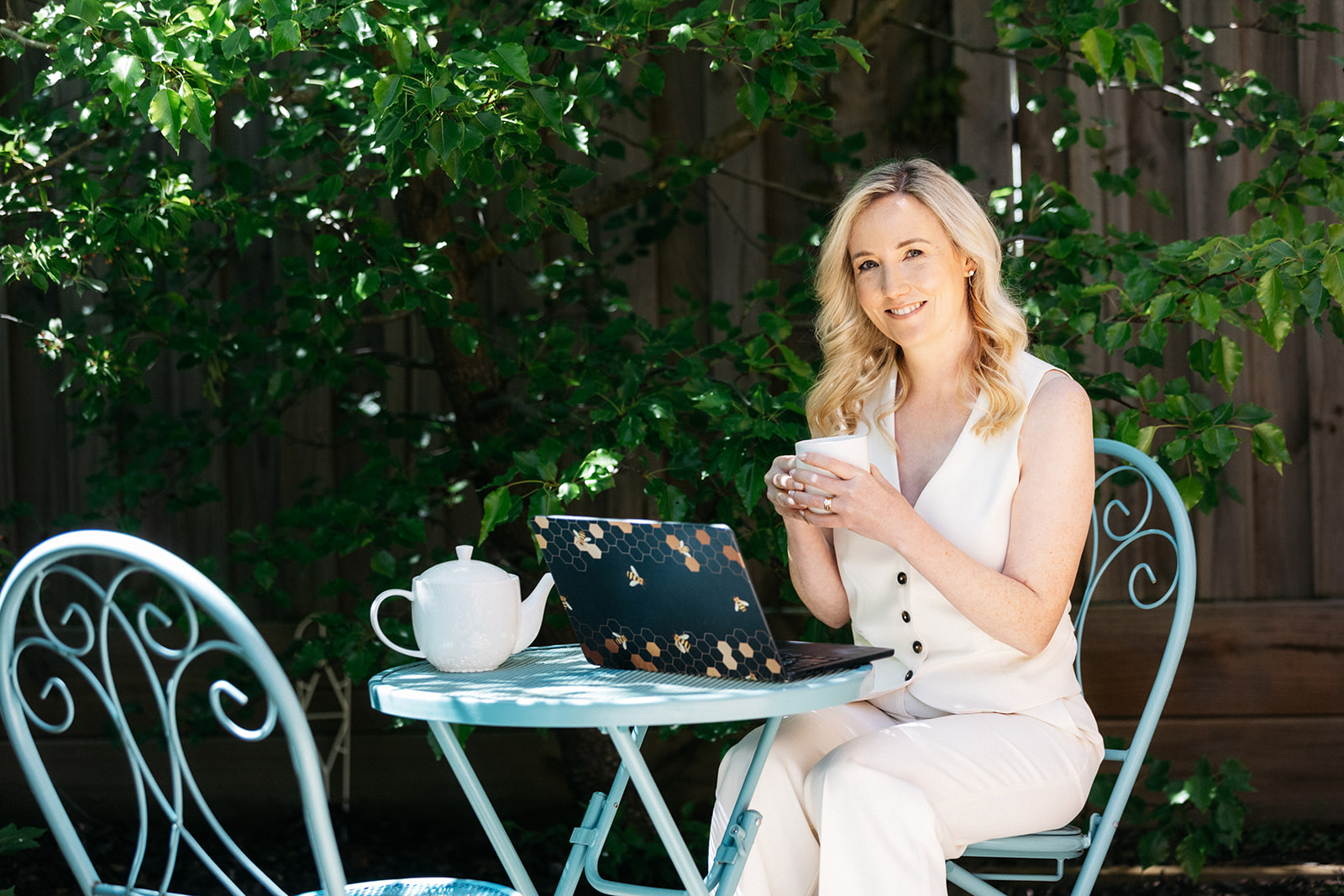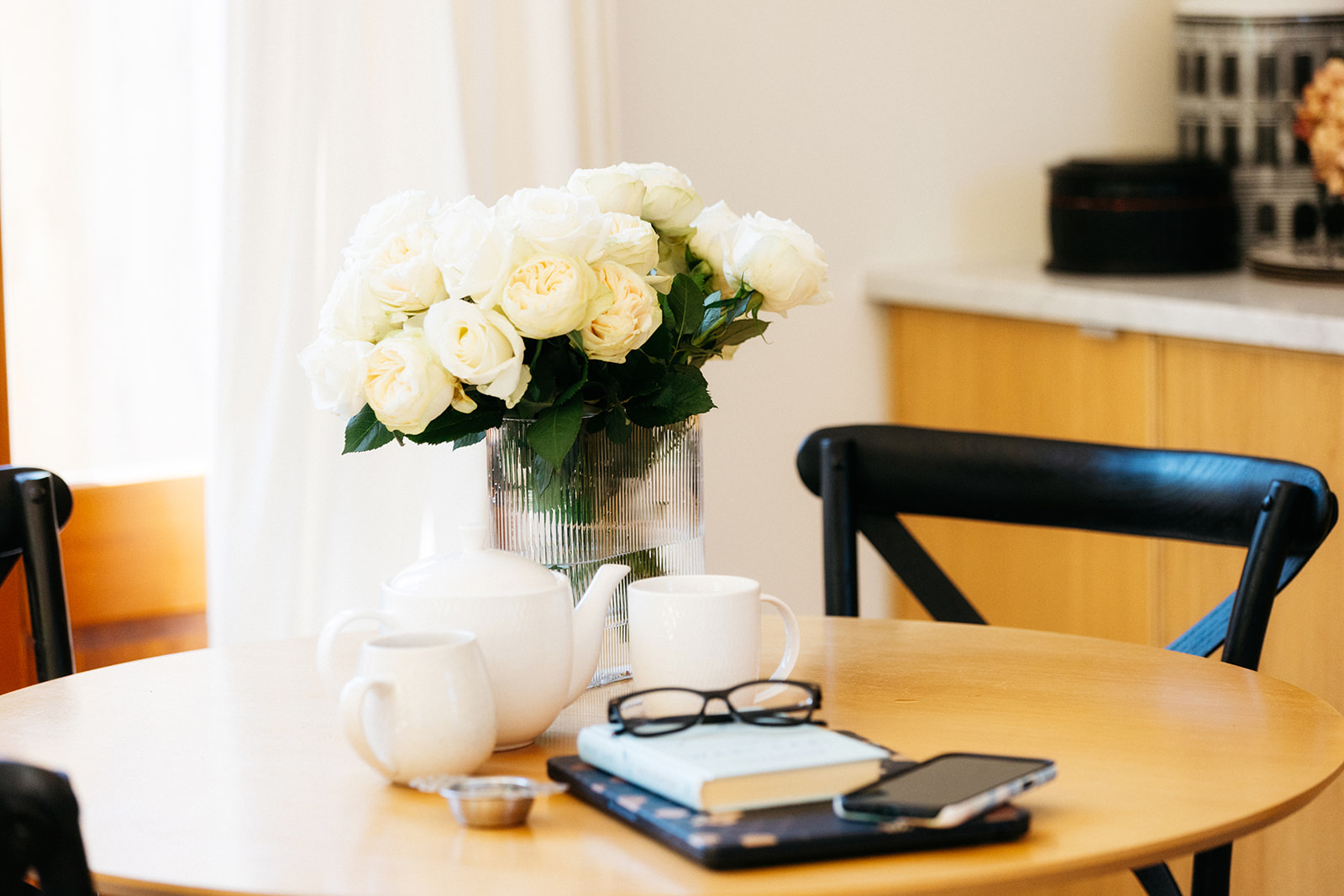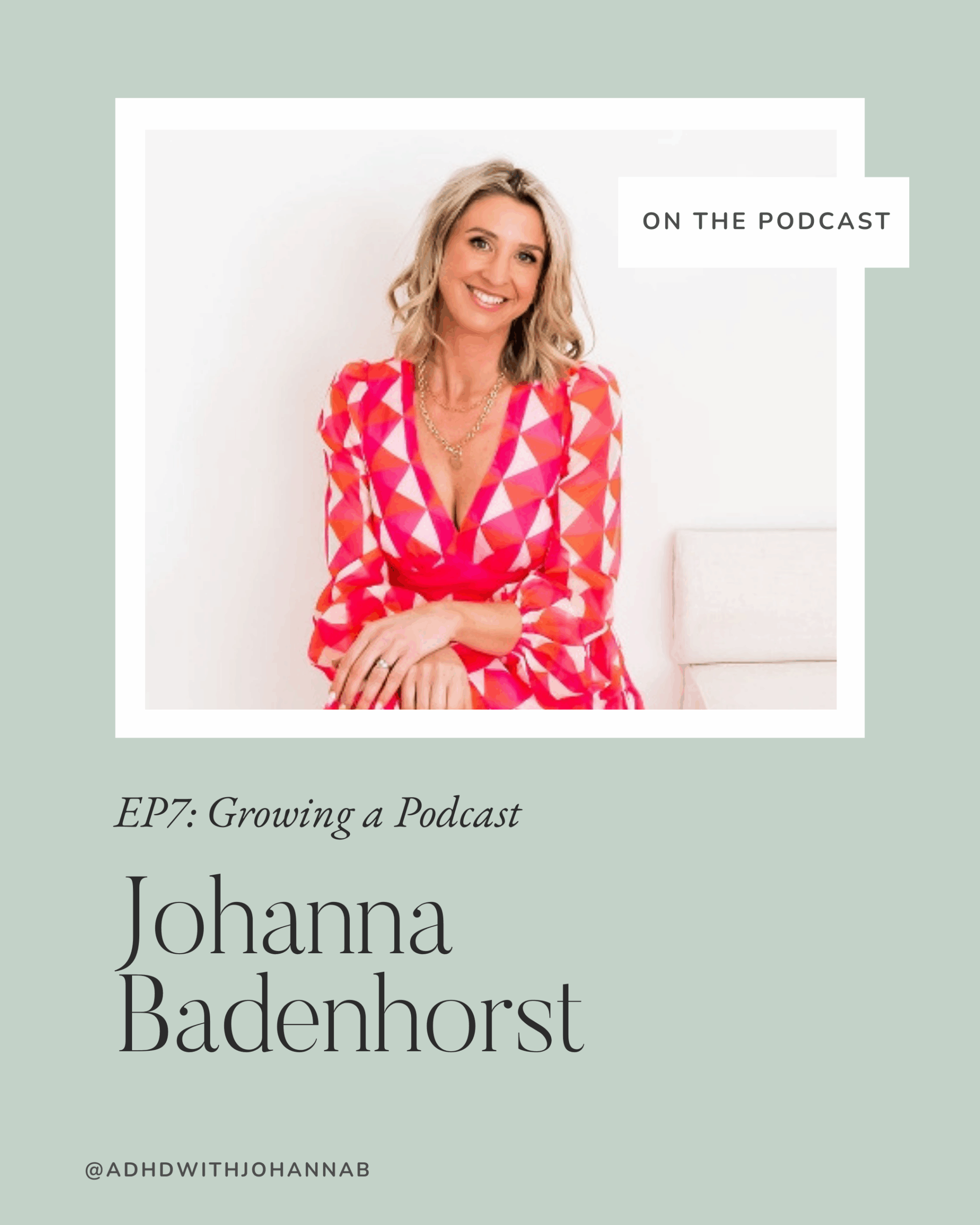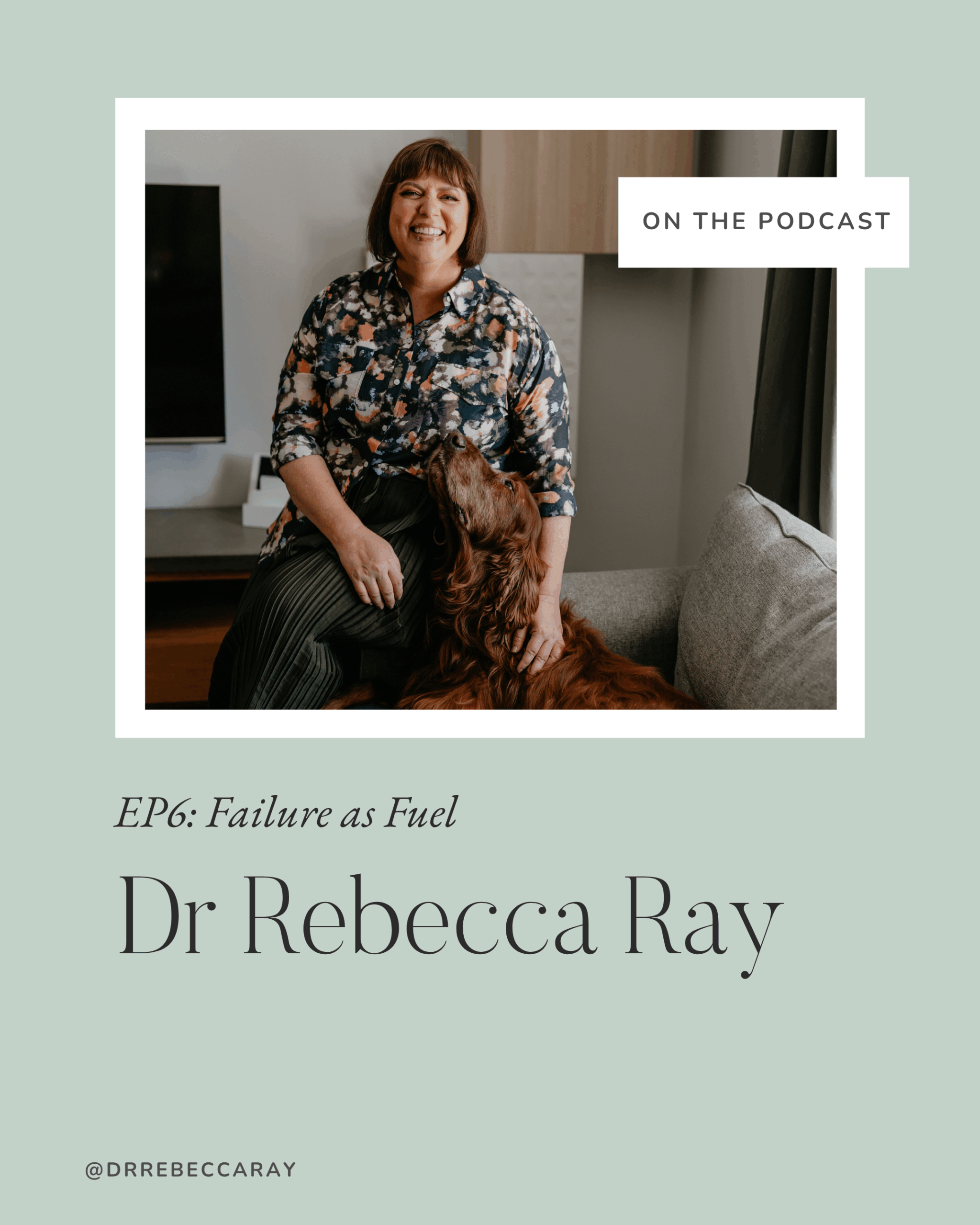Your ability to generate power is directly proportional to your ability to relax – David Allen
Firstly, a wee update on how my detox is going. I’ll write a longer piece as the 8 weeks comes to a close, but at this stage I feel like the writing is on the wall – I’m not going back to social media.
I may not even do a check in there, and instead just leave quietly.
I’ve had time to pause and really notice how close to burned out I am. And that, unlike depression (which is what I thought I might have), what I seem to be navigating is actually specific – parental burnout.
Parental burnout versus depression – what’s the difference?
A few years ago, I shared some research from the Murdoch Children’s Research Institute which indicated that depression can actually peak when your oldest child turns four. I received a few panicked comments from people on social media, but also a wave of collective relief to know that postnatal depression isn’t just something that happens in the first year.
Except that a lot of other things can look like low mood – hormone imbalance, grief, malnutrition, neurological events or brain injury, sleep deprivation, and of course, good old burnout.
With depression, it’s just hard to do anything. It’s a more general sense of dread, low mood, sleep and eating changes and a sense of loss in interest in activities that one used to enjoy. Parental burnout is defined as a distinct psychological phenomenon to workplace burnout — with similar symptoms.
Professor Moïra Mikolajczak from the University of Louvain in Belgium describes parental burnout as, “an exhaustion syndrome that occurs when a parent has been exposed to too much stress in their parenting role for too long, in the absence of sufficient resources to compensate for the effect of stress”
People with parental burnout do share symptoms and experiences of post-partum depression (e.g., fatigue, lack of energy), but parental burnout differs in that (i) it occurs in parents with children over 18 months of age; (ii) it is predominantly linked to parental traits and to a lesser extent to social and marital factors; (iii) the depressive mood is not generalized but experienced in relation to one’s parenting role and tasks (Hubert & Aujoulat, 2018).
Hence, with parental burnout you might actually be managing ok at work but feel like home is high stress and low control. In contrast (very generally speaking) people with depression feel shit about everything in life.
According to Mikolajczak there are 4 symptoms of parental burnout:
2. Loss of pleasure in parenting
Playing isn’t fun. The thought of getting through another day and night is just like Groundhog day.
3. Emotional distancing from children
Which is a nice lead in to the final symptom:
If this were any other job, I’d have quit by now
Shame and lack of validation is what keeps parental struggles in the dark. I honestly think one of the most useful tools I’ve ever been able to clients, students, friends and even my own kids is knowing my own darkness well enough to sit in it with someone else.
I’m paraphrasing from Brene Brown, but this is compassion.
The tricks we can teach in perinatal mental health are powerful, of course. But before we can even get to showing a fragile parent how to cope we must first put our energy into compassion practices.
One of the issues specific to parental burnout is that you can’t just quit. It’s then easy to get overwhelmed and struggle to see any viable solution. The classic “I can’t do this” yet knowing I am doing this. I’ve chosen this.
So, what helps?
1. Stop asking parents to ask for help
Firstly we need to acknowledge that our culture of “ring if you need me” is fucked. The mental load of mothers in particular is huge and using the “you should’ve asked for help” catchphrase places all the onus on people to self-manage. I’ve been reading this old cartoon from French artist Emma about mental load and “you should’ve asked for help”
2. Before suggesting practical support, examine potential blocks
I don’t mean financial barriers to getting help. I mean all the reasons why someone ‘could’ outsource some childcare, meals, cleaning and so on but doesn’t. Excuses that come up.
Child care, a doula, a babysitter. Outsourcing practical things. But I suspect many parents are so deep in the same -martyrdom cycle that they make getting help mean something other than it does. All the “my mum never had help”, “but I’m not struggling that bad compared to X” and “what if someone finds out I’m a shit parent and takes my kids away?” stuff is worth reflecting on and seeing if there are blocks.
3. Micro self-care, like 2 minutes
A dance to 80s music in the kitchen. Breathing together with the kids for 2 minutes. Digging in soil for 5 minutes. It’s nothing fancy, but scrolling and numbing generally don’t improve blood flow or cortisol levels.
4. Where possible, choosing the option with joy
Brene Brown talks about how joy is the most vulnerable emotion we can experience. For parents in the burnout cycle, chasing joy can feel really unstable. The second we have it, we suspect it won’t last, tighten our jaws and shoulders and count to 3 while the next tantrum unfolds.
I think it’s in The Gift of imperfect Parenting where Brown describes how sometimes we just need to make the conscious choice to choose the more joyful option. For me, that has meant not giving up on hobbies for the false lure of “I’ll just do nothing and scroll because I’m too tired”.
Resting is good, I’m a big fan of resting. But scrolling for 20 minutes is not as enriching and joyful as listening to an audio book while sitting outside.
Instilling the value of self-care in my children takes a lot of repetition. I’m being more mindful about saying to my kids “I’m going to write in the sun for 10 minutes because I value it, and it makes me happy” rather than saying “I need to work”
If you think you, or someone you know might be in the parental burnout club then you can check out the Parental Burnout scale
As we approach Mother’s Day in Aus, I’ll be doing a wrap up on my thoughts about maternal mental health and social media. I’m close to finishing my first draft on my book of the same topic, and then I’ll be diving into writing Parents of the Pandemic.
Erin





